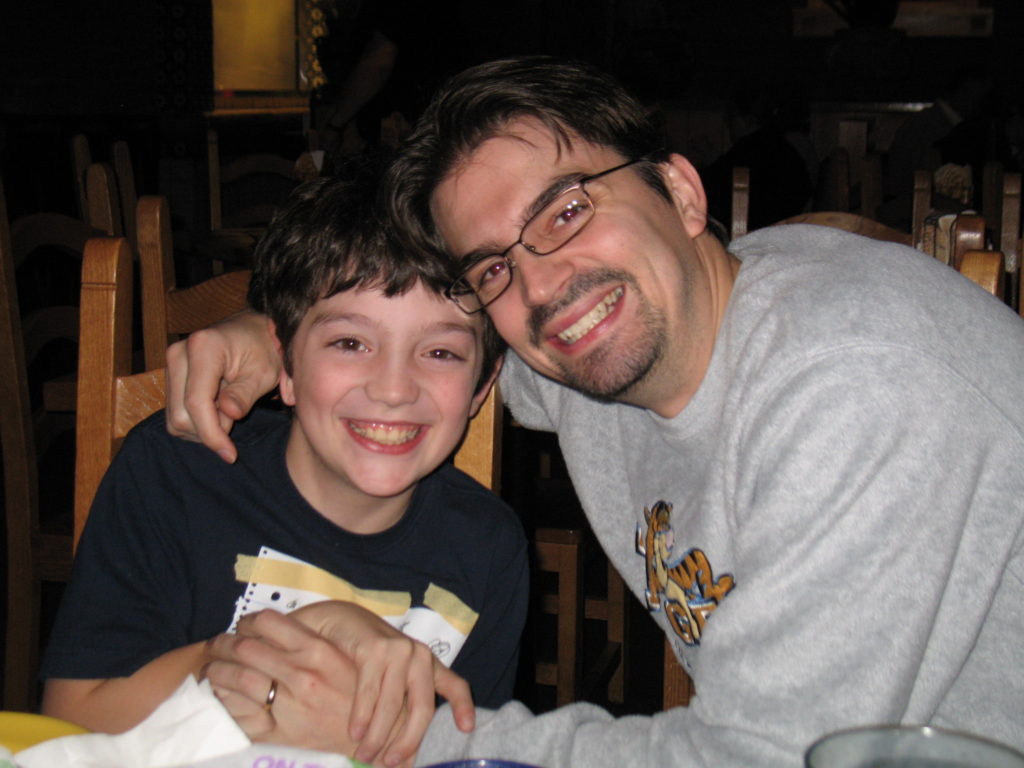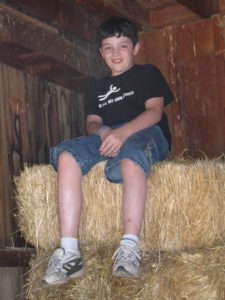
There was a great amount of time, in the early years of my parenting, that I simply was at a loss of how to train certain elements of my children’s character. I knew that I wanted them to be responsible and diligent but “how do I train that?” I wondered. I happened upon the idea of using both concepts: “when they are right” to influence “when they’re wrong.”
This is what inspired that idea:
I was on the worship team for our church back in Rolling Meadows, IL. On the weekends that I participated, I would sing at a Saturday night service, and then two services on Sunday morning. From time to time my wife would have something going on during the Saturday rehearsal time and I would bring my kids who would sit in the congregation seats, and sometimes they would behave themselves.
On one weekend, that was being called “Family weekend,” the plan was to have the children in the service with their parents, instead of in the children’s ministry, so the worship songs that we were singing were ones that had already been sung in the children’s ministry and that had hand/body motions to them. However, the worship leader did not know the motions. This is where Wesley, who “just happened” to be there, came in. He was able to teach the Worship leaders the motions to the songs, and then the worship leader asked him if he would like to be on stage with the team to do the motions for the adult congregation, some 2000 people. This excited Wesley beyond what he had ever felt before. Not only that, but he found, in himself, the ability to sit quietly in the front row through the rest of the rehearsal, waiting for his turn… because he had a purpose and something to look forward to.
In the coming months, I used that moment, in which I had made a big deal out of his ability to “behave, and control himself,” to speak into other moments where he was not choosing to behave, or control himself. I brought up the memory, and I asked him to tell me what was different about what he was feeling in the current situation, and what he was thinking about waiting for his turn to be on stage as opposed to “now.” I used the situation where ‘he was right’ to speak into the time when ‘he was wrong.’ I have used this technique with all my children, subsequently, as well as in further instances in Wesley’s life.

The beauty of speaking up about “when your children are right, when they are wrong” is that you are not asking them to live up to anything besides what you have already seen in them. It’s a great opportunity to encourage them, edify them, and educate them on the ‘how to’ of building their character, and it teaches them techniques to do it on their own. If you make a big enough deal over “when they’re right” it will be easier for them to recall the situation and the feelings/thoughts surrounding it, “when they’re wrong.”
